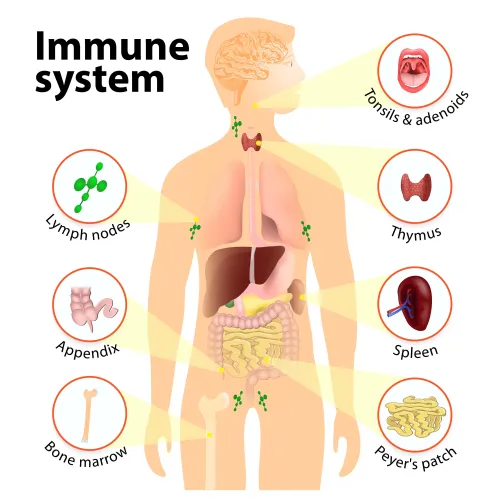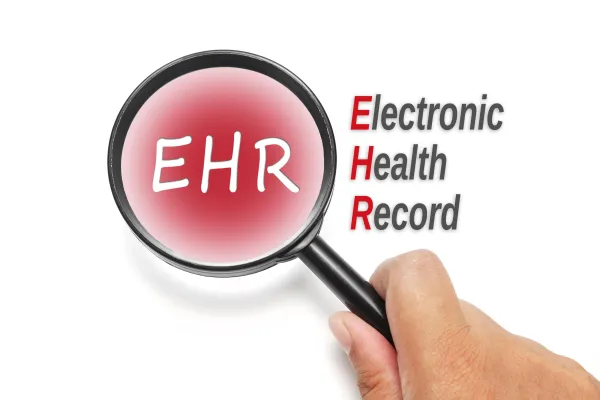Look to Age to Code This Alzheimer's Encounter Correctly

Question: If our provider diagnoses a patient with Alzheimer's disease, can I use the patient's age as it appears in his or her medical record to determine whether the form of the disease is early onset or late? Georgia Subscriber Answer: Though there is nothing in the ICD-10-CM descriptors to indicate the difference between G30.0 (Alzheimer's disease with early onset) and G30.1 (Alzheimer's disease with late onset), the Alzheimer's Association and other organizations generally regard age 65 as the dividing line between early and late onset. However, just because the documentation in the medical record contains the patient's age does not mean you can use it to provide the diagnosis. Simply put, if the provider does not document early or late, you will have to report G30.9 (Alzheimer's disease, unspecified). This code is preferred over G30.8 (Other Alzheimer's disease), which is reserved for any specified type of Alzheimer's that is not early or late onset, such as familial Alzheimer's disease, an inherited condition that tends to manifest earlier in a patient's life but that requires diagnoses in at least two generations of the patient's family. Coding caution: If you report any of the G30 codes, you will also report F05 (Delirium due to known physiological condition), if applicable, and either F02.81 (Dementia in other diseases classified elsewhere with behavioral disturbance) or F02.80 (... without behavioral disturbance). But you will not be able to report G31.1 (Senile degeneration of brain, not elsewhere classified), F03 (Unspecified dementia ...), or R41.81 (Age-related cognitive decline), as all three are Excludes1 codes for any of the Alzheimer's codes.




